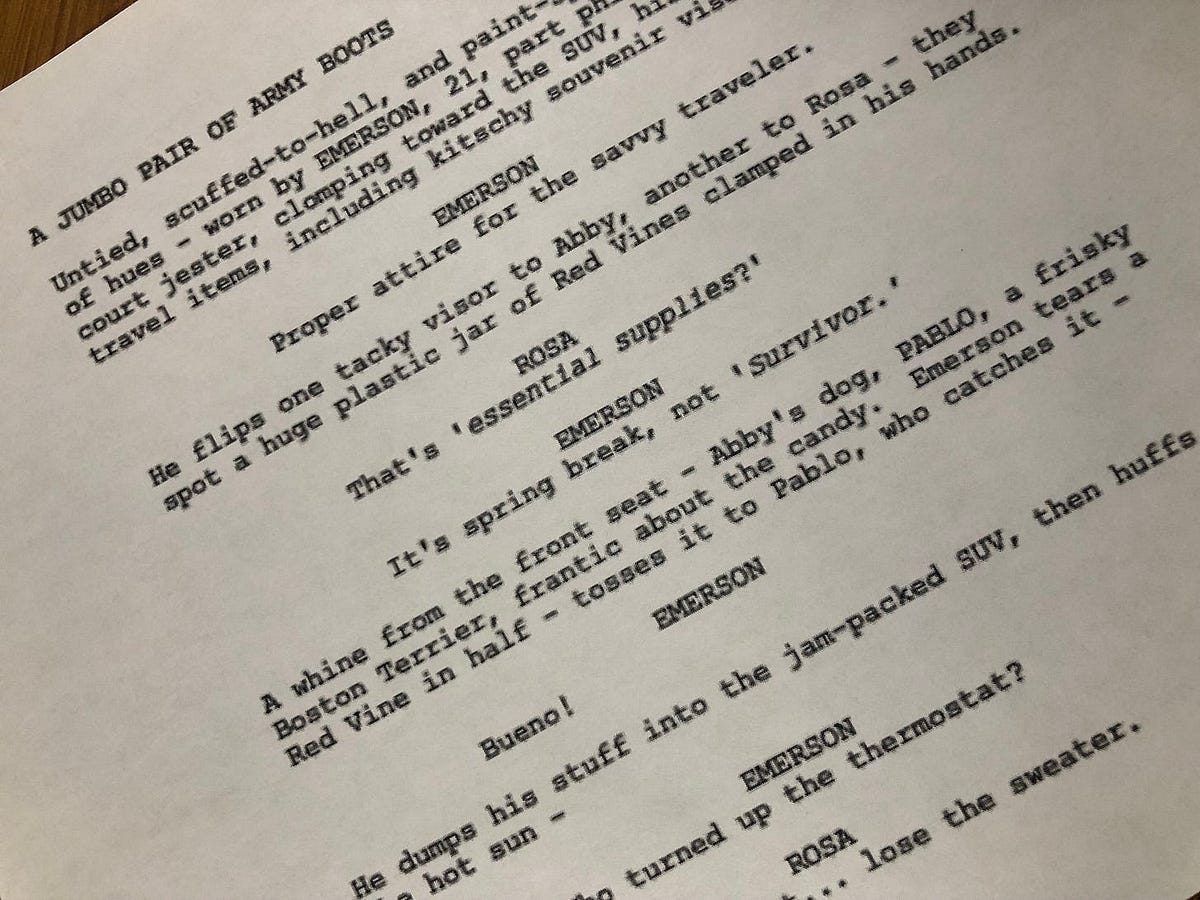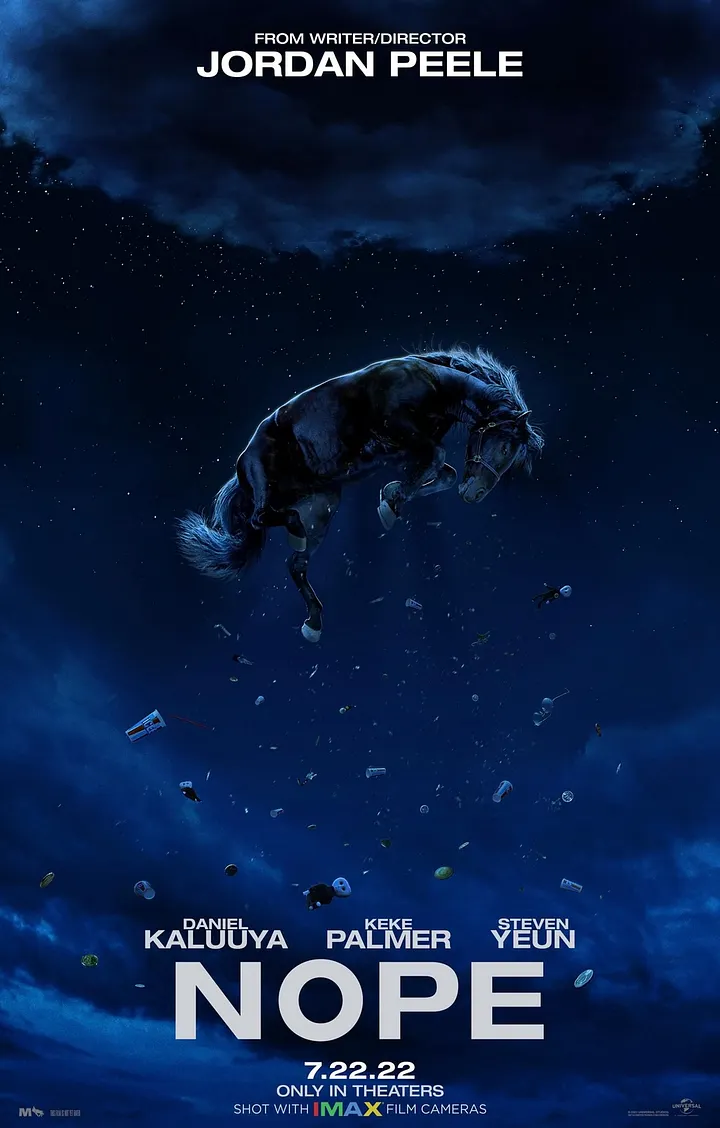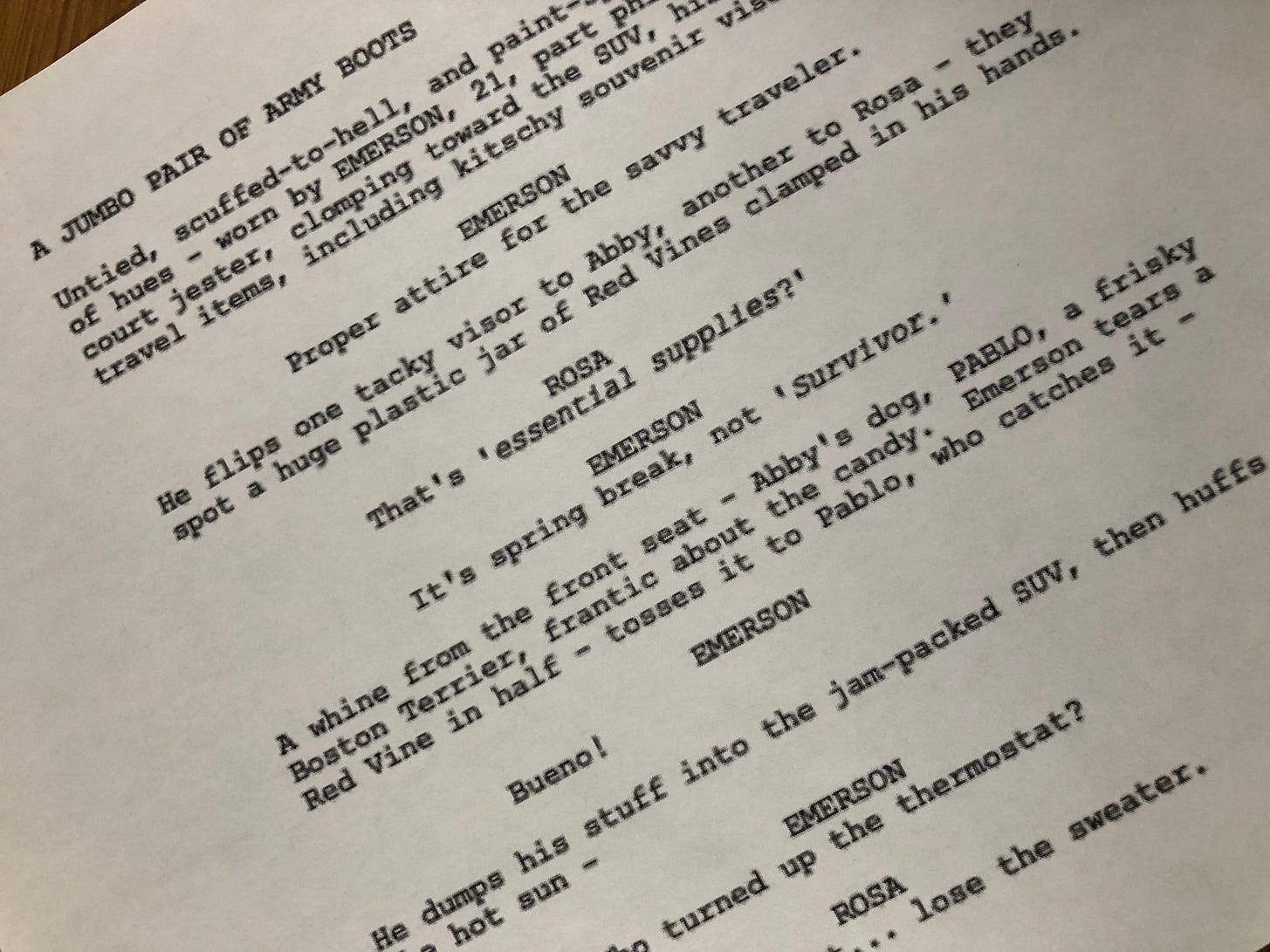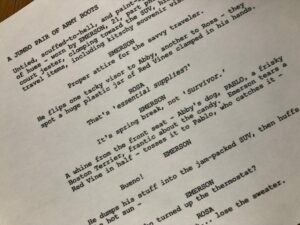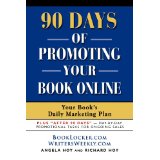Julia Yorks Reveals the Untold Story Behind Her Most Defiant Song Yet
Is there ever really a “right” guy before you say “I do,” or are we all just fumbling through a series of pit stops on the road to our own truth? That’s exactly the kind of deliciously messy terrain that Julia’s 2024 Black List script, The Seven Guys You Date Before Marriage, explores with a sharp eye and plenty of heart. In today’s spotlight—part three of a six-part interview series—Julia opens up about her protagonist Avery’s tangled journey, especially the bittersweet imprint her late mother leaves on her love life. Between the ideals we inherit, the messiness we avoid, and the ultimate quest to find a love story that truly belongs to us (spoiler alert: it’s the one with ourselves), this script unravels the kind of complexity that every dater, dreamer, and writer can’t help but nod along to. So, buckle up—if you ever wondered what it means to break the “parent path” and stumble toward your own love, this conversation hits some unexpected, deeply human notes.

My interview with the 2024 Black List writer for his script The Seven Guys You Date Before Marriage.
Today in Part 3 of a 6-part series to run each day this week, Julia discusses how the Protagonist in her Black List script reflects the ambiguous nature of the whole dating scene.
Scott: One thing that really stuck out to me was the relationship Avery had with her mom. Her mother, you have a lovely little montage where you slip in the mother’s illness, then eventual death. Talk to me a little bit about Avery’s relationship with her mother.
Julia: There’s a part in it where she says that maybe one of the reasons why she stayed with the ex‑boyfriend so long, even though maybe it wasn’t the right fit, was because he knew her mom.
Scott: Yeah. On Page 67, She says, “If I didn’t end up with Noah, my mom would have never met my partner.”
Julia: Yeah. I think that so often from our parents, we want approval and validation. I think that it’s really just not…For her, it was not being able to have her mom to help guide her along these big questions in life. I also think that when someone passes, we tend to idealize a lot of them in their life, and so she’s really idealized her parents’ marriage and tried to recreate it.
I think what’s so interesting too is it’s not just…The message is it’s not just her parents’ story, but really what I’ve learned in my own life now is you really can’t idealize anyone else’s relationship. You really don’t know what anyone else’s or their life. You don’t know what anyone else is going through. You don’t know what anyone else is dealing with. You don’t know how anyone else’s relationship or marriage is.
So that’s kind of the lesson that she comes away with is that, “I have to kind of find my own love story.” It sounds so corny, but I think what I’ve learned over the past year and what I think Avery learns at the end of the movie is the truest love story is the one that you have with yourself. That’s kind of her journey.
Scott: Joseph Campbell talks about the “parent path,” that if we find a path that’s laid out for us, that’s probably not our path. That’s the path of the parent. That’s the path of “you should do this.”
So, you’ve got these two…

